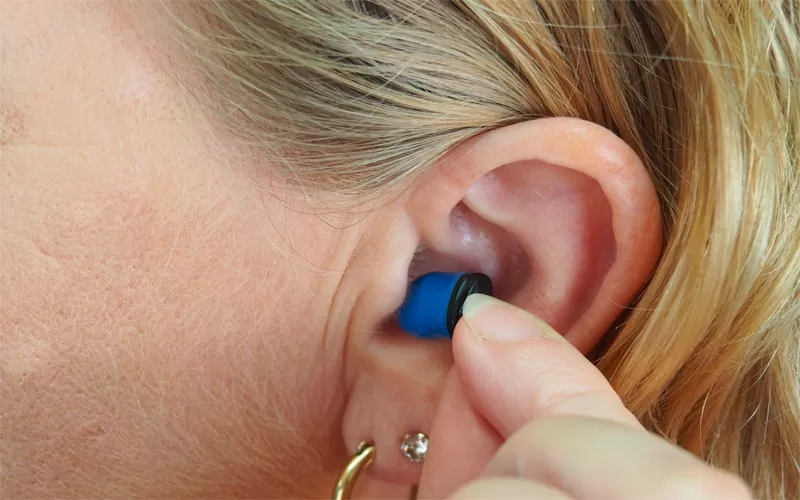
Hearing loss may not be the first health concern that comes to your mind as you navigate through your 30s and 40s. However, it’s an issue that demands attention during these years. Being aware of the prevalence of hearing loss in this age range and understanding its implications can help preserve and protect your auditory health for years to come. Don’t let unexpected hearing difficulties catch you off guard – stay informed and prepared!
5 Things Everyone Should Understand About Early Hearing Loss
In this article, we’ll explore why hearing problems are becoming more common among young adults, identify their causes, know the signs to watch out for, tips on prevention, and more.
How Many People Suffer From Hearing Loss
While hearing loss is often associated with aging, it is more common in your 30s and 40s than you might think. According to HearingResearch.org, around 15% of people over the age of 18 experience some degree of hearing loss. Many individuals don’t even realize they are affected. It’s also estimated that 20% of people in their 20s have some hearing damage. It’s possible that 30 to 50% of 30 and 40-year-olds have some degree of hearing loss, from mild to severe.
When hearing loss is noticed by professionals, it’s typically of the high-frequency kind. That means that background noises, like chirping birds, slowly become muffled. For adults to avoid this fate, they’ll have to avoid sounds (or sounds at a loud volume) that could damage their ears. Understanding the advantages of sign language can be a valuable skill in these situations, offering an alternative means of communication.
What are the Most Common Reasons
Noise-induced hearing loss (NIHL) is the main reason for hearing problems. It occurs when you’re exposed to loud noises over a prolonged period or even a single intense noise event. In our modern world, common sources include construction sites, concerts, loud music through headphones, and noisy workplaces. Teenagers often don’t think about the consequences of loud music while young. This is a big reason why 30 and 40-year-olds suffer from hearing loss.
As a rule, the louder the sound, the shorter that exposure can be. Sounds are measured in decibels. Anything over 85 decibels is dangerous, but you can be exposed to this for eight hours at a time. At 100 disciples (found at rock concerts), you reach the danger zone after 15 minutes.
What are the Signs
If you find yourself frequently asking others to repeat themselves or turning up the volume on your devices regularly, consider these as early signs of potential hearing issues. Additionally, experiencing tinnitus (a ringing or buzzing sound in your ears), struggling to understand conversations in noisy environments, or feeling that people mumble when they speak might indicate hearing loss. With that said, you don’t want it to get to this point.
It’s difficult to recognize the early signs of hearing loss, so once you do recognize it, you may be at the point of no return. It’s important to go to an audiologist to detect and prevent hearing loss. If you need to see an audiologist, it’s worth knowing how audiologists assess hearing issues. The better informed you are the easier it will be to accept and deal with hearing loss.
How Can You Prevent Hearing Loss
To prevent NIHL, take precautionary measures such as investing in high-quality noise-canceling headphones or custom earplugs when exposed to loud noises. You should always use these devices at concerts or during noisy work-related activities without any exceptions. Also, try following the rule of an “80/90.” With this rule, you’ll only listen to music at up to 80% volume for a maximum of 90 minutes per day. Remember to give your ears a rest. Don’t be afraid to walk away when you’re listening to loud sounds for a prolonged period of time.
When Should You See an Audiologist
The moment you begin noticing any signs of hearing loss is when you should schedule an appointment with an audiologist. While you can’t reverse it, regular hearing evaluations can detect early issues and strategize how to preserve your current hearing. Moreover, it’s important to be proactive about your auditory health, especially in your 30s and 40s. After college is a good time to get a hearing baseline, and it’s recommended to get your hearing checked every 5 years after that. If all else fails, you can start using a hearing aid.
Leave a Reply